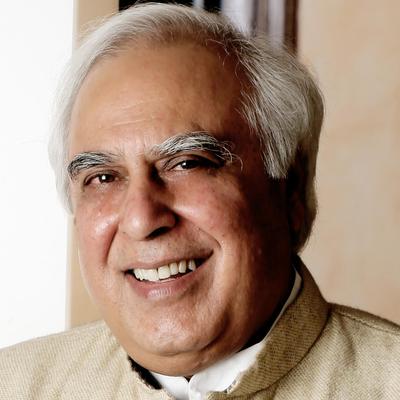
Sibal's remarks focused on systemic failures that, in his view, have eroded democratic processes in the country. He noted that the foundational principles enshrined in the Constitution were increasingly being undermined by political developments and external influences. Citing the rising centralization of power, Sibal suggested that the very essence of democratic governance—represented by free and fair elections, separation of powers, and judicial independence—was at risk.
A particularly alarming aspect of his address was his concern about the influence of global technological powers. Sibal warned that unchecked technological advancements, particularly in artificial intelligence and surveillance tools, could be used to manipulate public opinion, infringe on privacy rights, and compromise individual freedoms. He stressed the need for robust legal frameworks to guard against such risks, pointing out that the proliferation of digital platforms and the increasing role of foreign technology companies in India’s socio-political landscape presented unprecedented challenges.
The debate, commemorating the 75th anniversary of the Indian Constitution, saw several lawmakers joining in, with some expressing support for Sibal’s views. Others, however, defended the current administration’s efforts to strengthen democratic institutions. This divergence highlighted the ongoing ideological battles over the country’s political future.
Sibal's address is part of a broader discourse around the health of Indian democracy, which has come under increasing scrutiny in recent years. Critics have pointed to the concentration of power in the executive branch, the erosion of institutional independence, and the curtailment of dissent as key threats to democratic stability. Moreover, concerns over the influence of digital platforms and data misuse have grown louder, with several experts calling for stricter regulation of technology companies.
The former Congress party leader also touched on the state of India’s judiciary, which he argued has faced increasing pressures that could jeopardize its independence. He expressed worry that the rise of populist politics and the politicization of institutions might lead to a shift away from democratic values. Sibal, known for his legal acumen, raised doubts about the effectiveness of current checks and balances in safeguarding democratic norms.
His comments came against the backdrop of an evolving political environment, where debates about national security, the role of the judiciary, and the regulation of technology have become central to political discourse. The rise of global tech giants and their growing influence in India has sparked ongoing debates about the risks of foreign interference and the need for stronger regulatory oversight.
In recent years, concerns about data privacy and the role of social media in elections have spurred government efforts to introduce new laws aimed at regulating digital content. However, critics argue that these regulations often serve to suppress dissent rather than protect privacy. The balance between national security and individual freedoms remains a key point of contention in these discussions.
Sibal’s remarks are also reflective of a broader skepticism toward the current trajectory of India’s political landscape. Many opposition leaders and civil society groups have expressed concerns that the democratic process is being weakened by a consolidation of power within a single party. This has been particularly evident in the increasing control over media narratives and the marginalization of opposition voices.
Sibal's focus on the threats posed by technological advancements echoes concerns voiced by other policymakers and experts across the globe. As the world becomes more interconnected through digital platforms, the challenge of maintaining sovereignty over personal data and protecting democratic institutions from external manipulation is becoming more complex. Sibal’s call for legal safeguards to regulate the influence of technology companies is a plea for a more cautious approach to digital governance, one that prioritizes the protection of individual rights and democratic values.
The debate in the Rajya Sabha underscores the growing divide in India’s political landscape, with significant questions being raised about the future direction of its democracy. While the ruling establishment has emphasized economic progress and national security as central pillars of its agenda, critics like Sibal are highlighting the potential risks of sacrificing democratic values in the pursuit of power and modernization.
